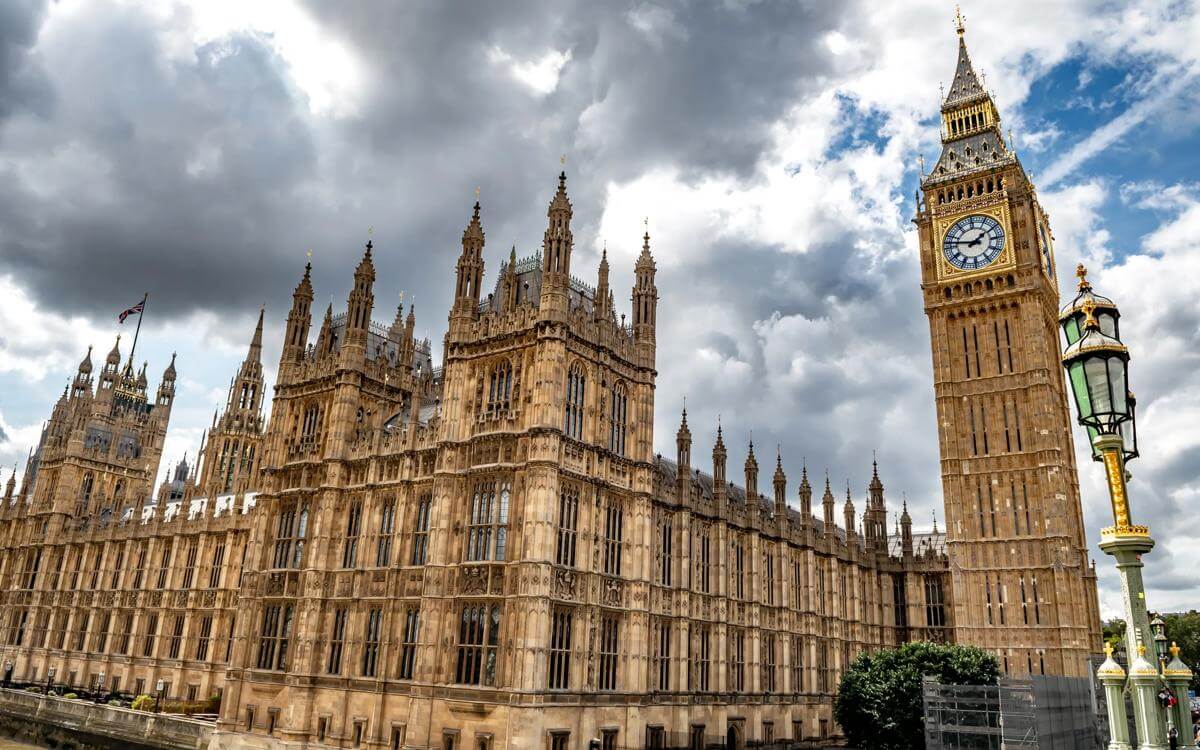Potential liability for child sexual and criminal exploitation
The Children Act 1989 imposes a statutory duty on Local Authorities for Looked After and certain other young people as they prepare for adulthood.
The Children Act 1989 imposes a statutory duty on Local Authorities for Looked After and certain other young people as they prepare for adulthood. Typically the young people in question are over 16, and need to develop the skills and personal resilience to prepare them for the independence of adulthood. In certain circumstances those statutory duties mean these young people are entitled to accommodation and maintenance.
Guidance usually suggests that children in this category can expect to receive the same level of care and support that others of their age and capacity would receive from a reasonable parent. Section 2 of the Children’s Social Work Act 2017 introduced a requirement for English Local Authorities to publish a ‘local offer for care leavers’ setting out what services are offered by each Local Authority. These are often co-ordinated by Personal Advisers.
Inevitably different Local Authorities will provide different packages of support for care leavers depending on their own resources and policies. Statutory guidance does not stipulate any particular type of accommodation that should be provided for care leavers but it is clear that it would usually be inappropriate for 16 and 17 year old care leavers to live completely independently.
Guidance also provides that bed and breakfast accommodation should only be used very occasionally and only in the short term. Wherever possible Local Authorities will usually consider
- Returning a young person to the family home
- Remaining in foster care
- Supported lodgings with friends or family
However, there are some young people (often with high levels of need) who have supported accommodation. This might include:-
- A bedroom in independent units with shared kitchen and living areas. Often these facilities include continuing support from a key worker and staff on site throughout most of the day and night.
- Sharing a flat with others, perhaps with a key worker visiting once a week and other staff available on sight during the day.
People with lower support levels might live on their own in a flat or B&B (with a flat planned for the future) and be visited regularly by a key worker.
Regrettably many Local Authorities struggle to provide sufficient appropriate regulated accommodation under this statutory guidance.
For over 16s it is legally acceptable to provide a placement in unregulated accommodation offering support rather than childcare. A few Local Authorities struggling to find appropriate resources have even had to place children under the age of 16 in such placements, often whilst waiting for a children’s home space to become available.
The challenge with these placements, whether it is for 16 year olds or younger children, is that residents are much more vulnerable to being introduced, often by their peers, to the risk of child sexual exploitation, or from ‘County lines’ criminal exploitation.
Inevitably in these situations Local Authorities are at risk of facing claims for damages, where abuse or exploitation has taken place.
What can be done to minimise the risk?
Unregulated placements are not inspected by Ofsted. It is vital therefore that practitioners ensure that each young person’s needs are appropriately matched to their accommodation which:-
- must be suitable for the young person in view of his/her needs, capacity and vulnerabilities; including their health needs.
- must be such that the Local Authority has satisfied itself as to the character and suitability of the landlord and other provider (and other residents with whom the young person is likely to come into regular contact).
- complies with health and safety requirements relating to rented accommodation.
- takes into account the young person’s wishes and feelings, and employment education or training needs.
Personal advisers should take the following considerations into account.
- The need for the young person to have a lockable room allowing them privacy.
- For those in education, the need to have study space in his or her own room or elsewhere.
- The need to have sufficient bathing and toilet facilities (bearing in mind the number of people living in the property).
- The adequacy of the furnishings, heating and hot water.
There are occasions when young people are placed some distance away, in order to try to separate them from risky situations or friendship groups. The extent to which this is effective is often debated, but it is clear that guidance requires practitioners to source accommodation for care leavers which provides adequate transport links to the young person’s place of education, training and employment and to the young person’s support and social network.
The accommodation should also be in a location that is secure at night. Where there are any concerns about safety in the area it becomes even more important to ensure that the accommodation is secure.
Conclusion
When sourcing and facilitating unregulated accommodation it is essential that local authorities can demonstrate that they have addressed all of the above, and that where there are any concerns that cannot be addressed by an immediate change in placement or alternative arrangements, that robust monitoring and sensible precautions are put in place.
Where this cannot be demonstrated exploitation claims, or claims based on peer on peer abuse in and near this accommodation will become much more difficult and expensive to defend.
The Government has just launched an 8 week consultation to urgently address the issues associated with the placement of young people in unregulated accommodation. It seems the practice of placing under 16’s in such accommodation will end, new national standards will be introduced to improve the quality of support offered to the 6000 plus looked after children living in unregulated accommodation and, importantly, it is planned to introduce much needed procedures for liaison between local authorities and police forces before such placements are made.
Contact

Mark Hickson
Head of Business Development
onlineteaminbox@brownejacobson.com
+44 (0)370 270 6000








































